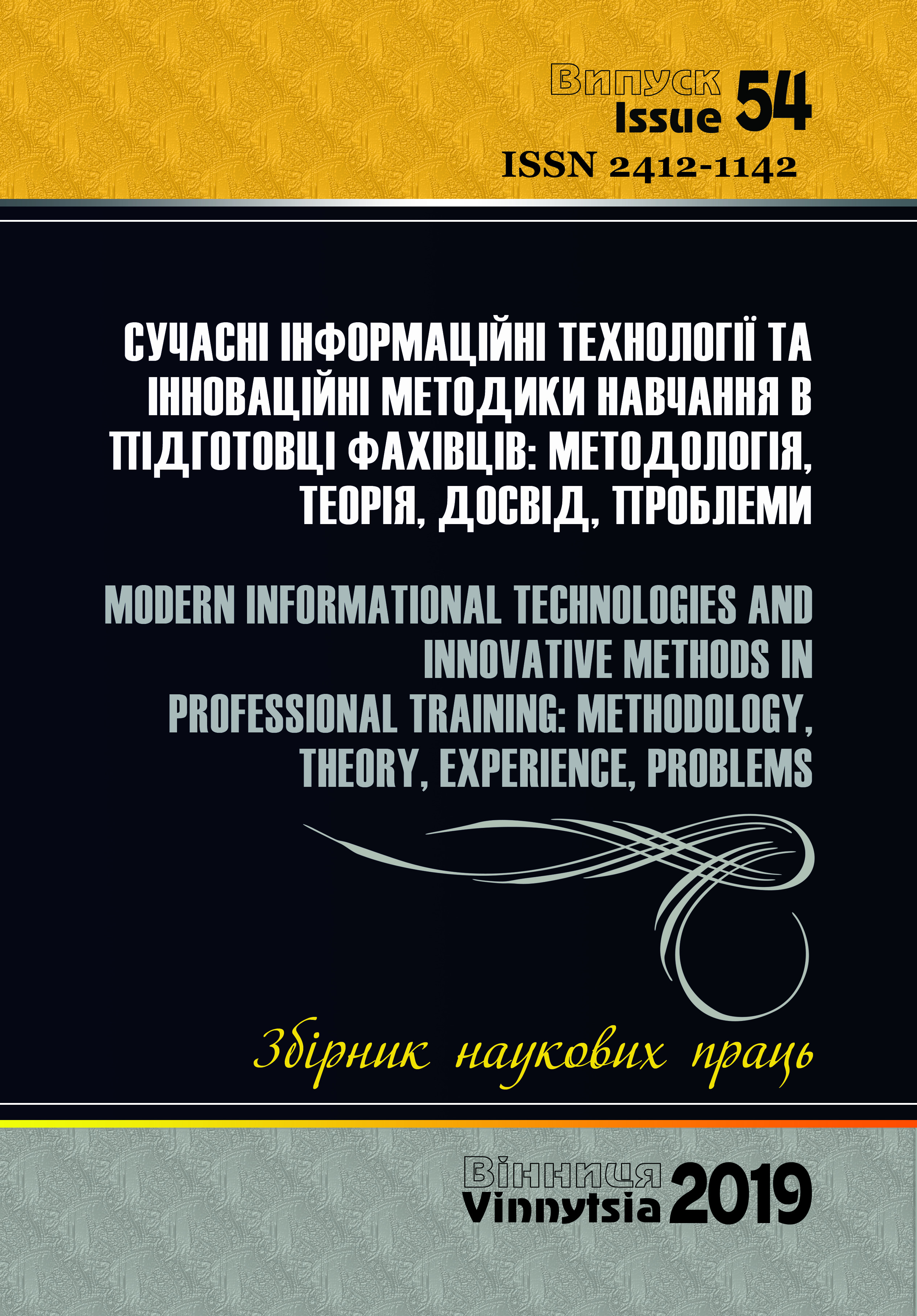FOREIGN LANGUAGE COMMUNICATIVE COMPETENCE AS THE BASIS OF STUDYING FOREIGN LANGUAGES
DOI:
https://doi.org/10.31652/2412-1142-2019-54-81-84Słowa kluczowe:
Foreign Language communicative competence, educational process, sociolinguistic, interlocutor, intercultural communication, discourse, socioculturalAbstrakt
The globalization of human activity in general and educational activity in particular increasingly
requires the development of foreign-language communicative competence.
Communicative competence refers to the ability to understand, create and interpret various communicative
events, taking into account not only their explicit meaning (which seems more direct to us), but also its consequences;
that is, what the speaker wants to say, what the listener wants to understand, the relations, social context, etc.
Therefore, communicative competence is associated with social, cultural and psychological rules that determine the
use of a particular language in a particular situation.
Language is used for self-expression, creative thinking, problem solving, but the most significant language
usage is for communication. What makes it difficult to use the language system to communicate with other people is
the fact that the individual’s ability to interact with others through language (oral and written communication) is
unique to each person and at the same time is a universal human skill that distinguishes humans from animals.
The successful use of a language for communication involves the development of the communicative
competence of users of this language, which is limited by the sociocultural norms of the society where this language
is used. What special sociocultural norms should be observed by using a foreign language for international
communication? Or are these universal norms prevailing over individual societies and cultures?
Culturally determined differences lead to a special kind of communication, called foreign language, in which
communicators from different cultures use special language options and discursive strategies, compromise approaches and
knowledge about the cultural characteristics of the interlocutor with direct contact. Culture is a set of phenomena
associated with human values and formed for the sake of these values. If the most general concept of the natural sciences
is the concept of nature as the being of things, then the most general concept of the humanities is the concept of culture as
the social being of human.
Pobrania
Bibliografia
Acton W.R., Felix I.W. Acculturation and Mind // Culture Bound. Cambridge, 1999.
Baranova N. P. The concept of the subject "Foreign Language" // 2009 - No. 3.- P. 3–12.
Basturkmen H. Developing courses in English for specific purposes. Basingstoke, Palgrave Macmillan, 2010.
p.
Hymes D. On Communicative Competence // Sociolinguistics / eds. by J.B. Pride and J. Holmes.
Harmondsworth: Penguin, 2002. P. 269-293
Slesarenko I. V., Abdrashitova M. O., Mymrina D. F., Dorokhova M. Y., Astafjeva I. S. Developing professional
communicative competence through the medium of the English language. In: INTED2016: Proceedings 10th International Technology, Education and Development conference, Valencia, 7 March-9 September 2016. Barcelona, IATED, 2016, pp. 3911–3916.
S. J. Savignon (Ed.). (2002). Interpreting communicative language teaching. New Haven, CT: Yale University
Press.
Pobrania
Opublikowane
Numer
Dział
Licencja
Prawa autorskie (c) 2020 М. О. Стахова, О. А. Стахова

Utwór dostępny jest na licencji Creative Commons Uznanie autorstwa 4.0 Międzynarodowe.





